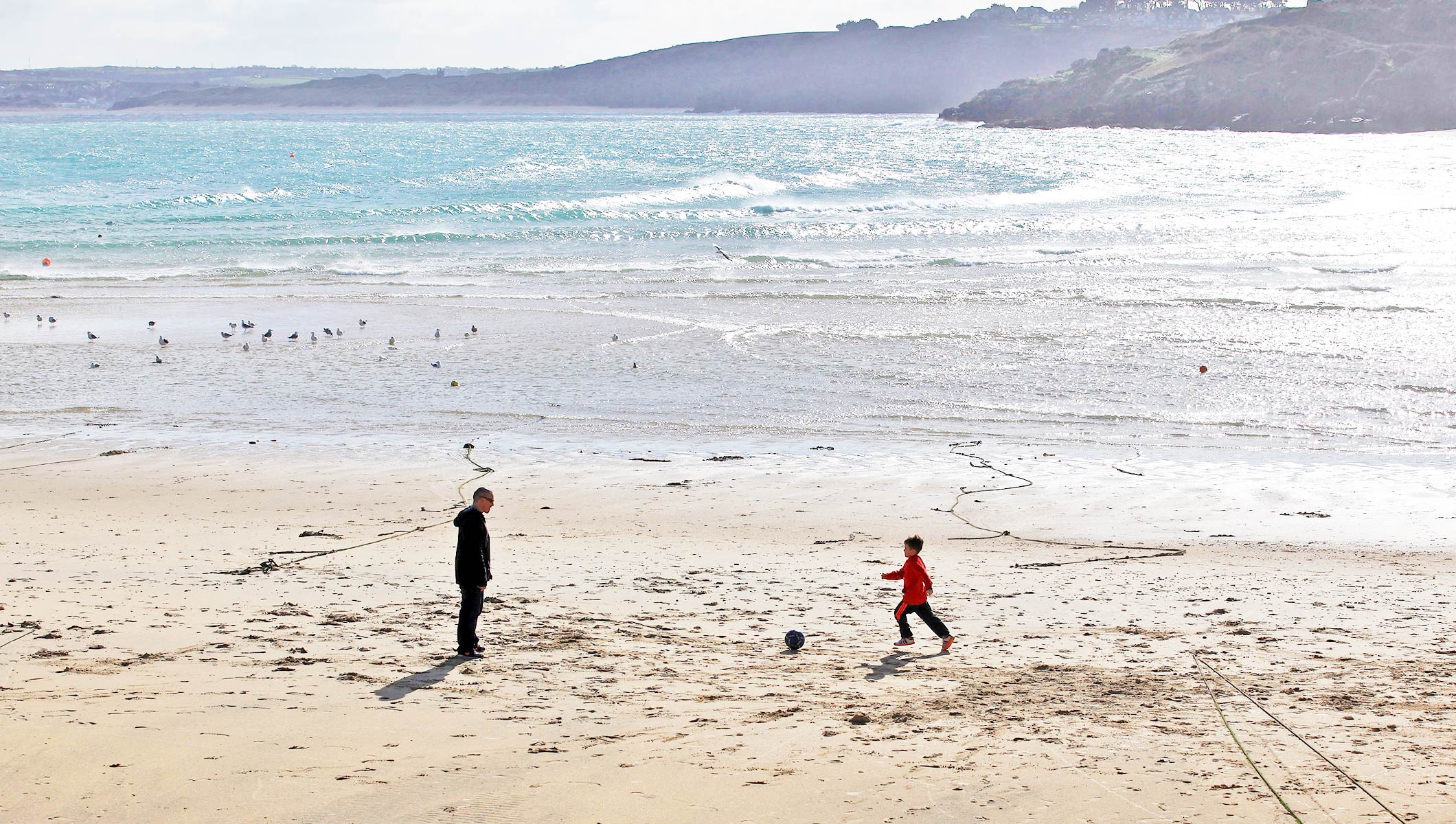The International Olympic Committee (IOC) welcomes the new Guidelines on Physical Activity and Sedentary Behaviour published today by the World Health Organization (WHO), which outline recommendations for the amount of physical activity required to provide significant health benefits and mitigate health risks.
The guidelines note that four to five million deaths per year could be averted if the global population was more physically active, and recommend at least 150 to 300 minutes of moderate aerobic activity per week for adults, and an average of 60 minutes of moderate aerobic physical activity per day for children and adolescents.
In particular, the guidelines highlight how physical activity is good for hearts, bodies and minds, helping to prevent and manage conditions such as heart disease, type-2 diabetes and cancer, which cause nearly three-quarters of deaths worldwide. In addition, they point to physical activity as helping to reduce symptoms of depression and anxiety, and enhance thinking, learning and overall well-being.
SPORT AND PHYSICAL ACTIVITY KEY IN RECOVERY PLANS
IOC Medical and Scientific Director Dr Richard Budgett joined a webinar hosted by WHO to discuss how the recommendations will support and enhance the IOC’s work to promote physical activity. “These new guidelines underline how sport and physical activity can contribute directly to physical and mental health and combating non-communicable diseases,” he said. “The recommendations come at an incredibly significant time, with the world still coming to terms with the impact of the COVID-19 pandemic.
“We have seen during this time of lockdowns and physical distancing just how important it is to stay physically active. Having these evidence-based recommendations will hopefully encourage more countries to make sport and physical activity a key component of their COVID-19 recovery plans.”
IOC President Thomas Bach has previously called on the governments of the world to include sport in their post-coronavirus support initiatives and, in July, 118 Member States of the United Nations (UN) called for all States to include sport and physical activity in their COVID-19 recovery plans.
President Bach also highlighted on many occasions that sport can play a positive social role, but also an economic one, in helping the world to recover from the crisis: “Sport creates jobs, generates business activity, plays a significant economic role in many countries, all of which are vital elements as countries look to reopen their economies,” he said.
According to a recent study published in the peer-reviewed British Journal of Sports Medicine, doing at least 150 minutes of moderate intensity physical activity every week (which is the lower end of the range recommended in the new WHO guidelines), would increase global gross domestic product (GDP) by between 0.15 and 0.24 per cent a year between now and 2050.
THE IMPORTANCE OF STAYING “HEALTHY TOGETHER”
The IOC has been actively promoting physical activity during the pandemic through a campaign involving athletes around the world and encouraging people to get and stay active. This effort culminated in the Olympic Day celebrations on 23 June 2020 that introduced half a billion people to the world’s biggest digital Olympic workout.
Olympic Day was also celebrated with the launch of the “Healthy Together” campaign, in which the IOC teamed up with WHO and the United Nations to spotlight the collective effort and global collaboration needed to stay healthy and reduce the spread and impact of COVID-19.
The three organisations are working with local health authorities and Olympic athletes to help deliver important public health information through digital platforms, encouraging people to adopt or continue behaviours that will curtail the pandemic and to stay physically and mentally fit.
Since then, the IOC, through the Olympic Channel, has also continued to encourage people to stay active through a wide range of content, including workouts hosted by Olympians, tips from elite athletes and a series of videos on maintaining mental health.
SUPPORTING INITIATIVES TO ENCOURAGE PHYSICAL ACTIVITY
The IOC’s commitment to promoting sport and physical activity, as reflected in Olympic Agenda 2020 – the strategic roadmap for the Olympic Movement – also includes annual development grants offered by its Sport and Active Society Commission.
The latest recipients, announced in November 2020, included four organisations that have developed inspiring projects encouraging the practice of regular physical activity and promoting the health and social benefits of sport. In particular, the recipient of the “Promotion of Sport and Physical Activity Participation through Innovation” category was an Argentinian project, entitled “Sportd”, which developed a running app for people who suffer from diabetes, to monitor and help ensure safe workouts.
Previously, the IOC has also supported initiatives such as the Global Active City programme, which has proved successful in significantly improving the health of participating cities’ inhabitants and increasing their participation in sport and physical activity.
The IOC and WHO have enjoyed a longstanding partnership since 1984, and in May 2020, the two organisations signed a new Cooperation Agreement, demonstrating their shared commitment to promoting healthy lifestyles, including physical activity, sport and active recreation, as a tool for health across the globe.

